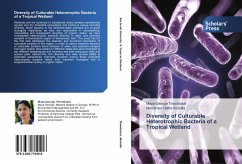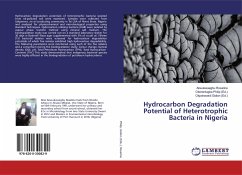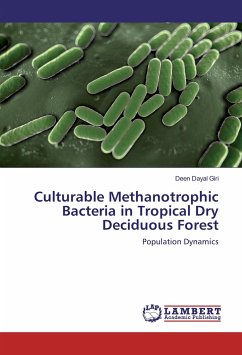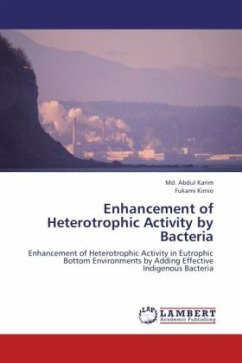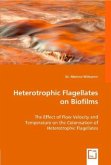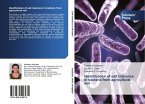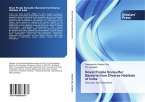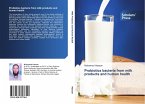Wetlands are the ecotones or transitional zones between permanently aquatic and dry terrestrial ecosystems and harbours unique microbial diversity. Since bacteria in the sediment-water interface are of great ecological importance as they are responsible in decomposing, mineralizing and subsequent recycling of organic matter, we have investigated heterotrophic bacterial diversity in water and sediment samples of Kumarakom region of Vembanadu lake. This study has for the first time addressed the phenetic and functional description of culturable bacteria of this region. In order to obtain maximum recovery of culturable bacteria serial dilutions of water and sediment samples from each station were plated on different media that were incubated at two different temperatures and recovery was tried using pour plate and spread plate method.The rich diversity and wide spread ability to elaborate extracellular hydrolytic enzymes among these culturable heterotrophic bacteria reflect their important ecological role in biogeochemical cycling of organic matter.
Bitte wählen Sie Ihr Anliegen aus.
Rechnungen
Retourenschein anfordern
Bestellstatus
Storno

